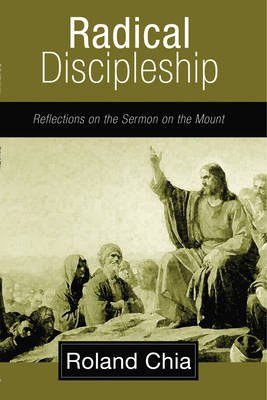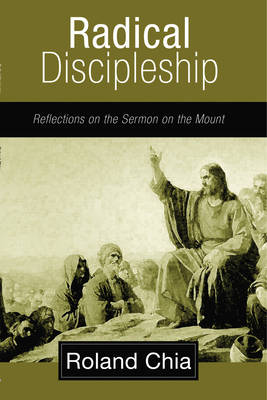
- Afhalen na 1 uur in een winkel met voorraad
- Gratis thuislevering in België vanaf € 30
- Ruim aanbod met 7 miljoen producten
- Afhalen na 1 uur in een winkel met voorraad
- Gratis thuislevering in België vanaf € 30
- Ruim aanbod met 7 miljoen producten
Zoeken
Omschrijving
The Sermon on the Mount is perhaps the most famous passage in the Gospel of Matthew. Even unbelievers like Mahatma Gandhi appreciate the teaching of the Sermon and applaud the high morality it espouses. Others see in statements like ""love your enemies"" and ""turn the other cheek"" a powerful rhetoric against war and violence. Most Christians are familiar with the Sermon, and see it as delineating important ethical principles for Christian living. Familiarity with the Sermon, however, can ironically prevent Christians from understanding its true message and significance. Some, for instance, see the Sermon merely as a body of ""ethical teachings"" that has some practical relevance. Many find some of its imperatives too idealistic. In this book, Chia asks basic questions as he reflects on the Sermon on the Mount: What is the main focus of the Sermon? Does the Sermon present a code of conduct for Christians, or is the Sermon really about the dawn of a new eschatological community inaugurated by Jesus Christ? Chia maintains that the Sermon can be properly understood and its significance firmly grasped only when it is read in the light of Christ and God's eschatological kingdom. The Sermon presents the attitude, values, and conduct of the new community that Christ has gathered in his name. But this new reality that has dawned awaits fulfillment at the consummation of the kingdom of God. In the ambivalence of the ""already"" and ""not yet,"" the Sermon depicts Christian discipleship as an ""impossible possibility."" Yet, the Sermon clearly challenges Christ's disciples to be a community of character and to embody an ethic which is inimical to that of the world.
Specificaties
Betrokkenen
- Auteur(s):
- Uitgeverij:
Inhoud
- Aantal bladzijden:
- 122
- Taal:
- Engels
Eigenschappen
- Productcode (EAN):
- 9781498247795
- Verschijningsdatum:
- 14/08/2006
- Uitvoering:
- Hardcover
- Formaat:
- Genaaid
- Afmetingen:
- 127 mm x 203 mm
- Gewicht:
- 249 g

Alleen bij Standaard Boekhandel
+ 108 punten op je klantenkaart van Standaard Boekhandel
Beoordelingen
We publiceren alleen reviews die voldoen aan de voorwaarden voor reviews. Bekijk onze voorwaarden voor reviews.











